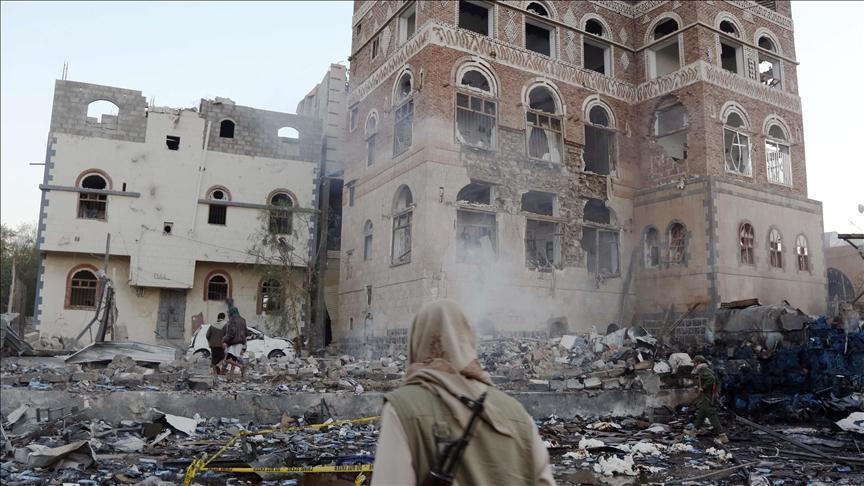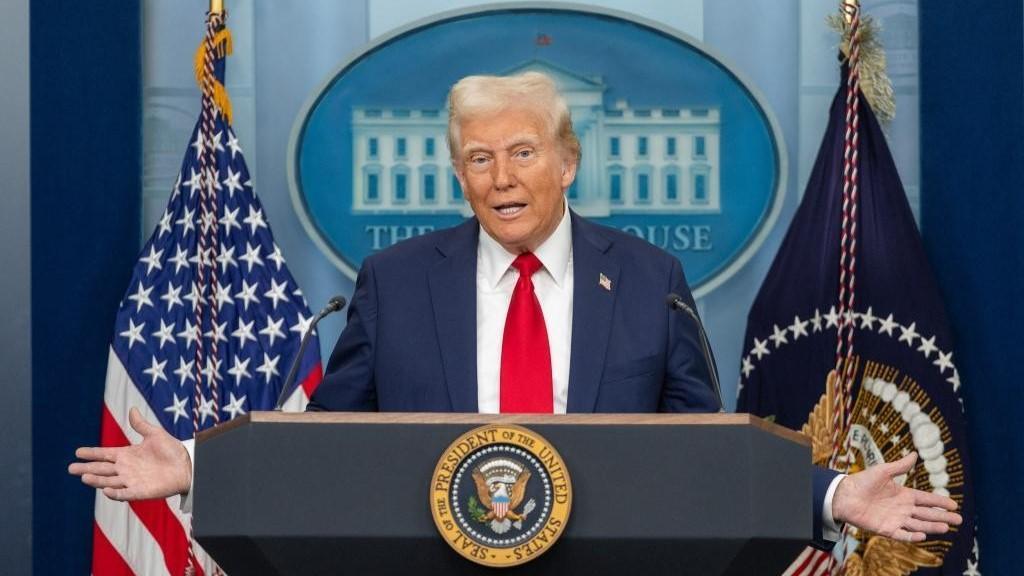Time for three-way coalition, probably
What was the message of the electorate? It was obvious for many people, while many others have been still trying to figure it out. After all, it was not an easy assessment to make, particularly for those who lost the election.
Who lost the election? Was it the Justice and Development Party (AKP) that saw a nine-percentage-point depreciation in its votes from the 2011 parliamentary polls and lost the “majoritarian” single-party government capability? Obviously it was. Who else? The Republican People’s Party (CHP) was the other loser of the poll even though party leader Kemal Kılçdaroğlu is involved in efforts to prove otherwise. In a climate where the ruling party lost more than nine percentage points of popularity, when Turks shouted loudly they would prefer a coalition to an obsessive leader’s dictatorship and when a tiny, ethnic-nationalism tainted leftist party that entered elections for the first time got more than 13 percent vote, the CHP saw its support drop from its 2011’s 26 percent to 25 percent. Obviously CHP is the second, yet lesser, loser of the June 7 polls.
The grand victor of the vote was the pro-Kurdish Peoples’ Democratic Party (HDP), which, despite its heavy Kurdistan Workers’ Party (PKK) luggage, campaigned on a liberal platform that reached out to women as well as political and ethnic minorities, doubling its support and exceeding 13 percentage points. This was its first participation in polls as a party because of the ten percent national electoral threshold. It might also be argued that the HDP received support mostly from the AKP’s electoral base, as well as from that of the CHP.
In any case, many people preferred to vote in pain for the HDP, out of their hope to avert the threat of Turkey landing in a Recep Tayyip Erdoğan dictatorship should the AKP reached sufficient 330-seat majority to make changes (through referendum) to the constitution alone.
Indeed, in this election, the Turkish and Kurdish nationalist parties saw sharp increases in their electoral support. While the HDP exceeded 13 percent, the Nationalist Movement Party (MHP) advanced by more than three percentage points from its 2011 levels to exceed 16 percent, yet much lower than the anticipated 18 percent level.
Thus, in the new 550-seat unicameral parliament, the AKP will hold 258 seats, the CHP 132, and the MHP and HDP 80 seats each. As the AKP lost the required 276-seat majority to form the government alone, Turkey has rather limited coalition alternatives to form the next government.
As the nation wanted the AKP out of government, the first choice was believed to be a CHP-led MHP and HDP coalition but the MHP has ruled out that option, saying it will not engage in any coalition that includes the HDP or as long as a Kurdish opening remained in the cards. The “defeated” president and the AKP have fixed their eyes on a coalition government led by the AKP. Yet, who will be their partners? All parties have so far made it clear that Erdoğan must retreat to his constitutional limits and stop bossing the government around.
All parties also made it clear, both in pre-election and post-election remarks, that their doors were “closed” to a coalition with the AKP. Yet, a domestic and international campaign to get the AKP and CHP together in government is apparently building up. Yet, the CHP appears to be rather cool to the idea saying the nation wanted the AKP out of office.
Can there be a minority government of the AKP or the CHP? That option appears not feasible as well, in view of the dire straits the Turkish economy has been in – and with prospects of a bigger storm approaching. Can there be a CHP-MHP minority government with the HDP’s external support? That appears rather plausible, yet the CHP must convince the MHP to drop its “no engagement with HDP” obsession.
Could there be an early election then? Assessments at the presidential palace, as well as the AKP headquarters apparently focused on the fear that in an early election, the AKP votes might further depreciate. In the opposition ranks, excluding the MHP, the other parties seem reluctant to the idea of an early election as well.
If early polls are not wanted and the picture is clearly showing there ought to be a coalition or a minority government, and since new parliamentarians will not want to go to fresh polls before they earn a full pension (for that they must serve at least two years), a coalition formula will be found. The bets are opened. My bet is a three-way CHP government with the MHP and HDP onboard. That is, by all means, the best for Turkey today.











